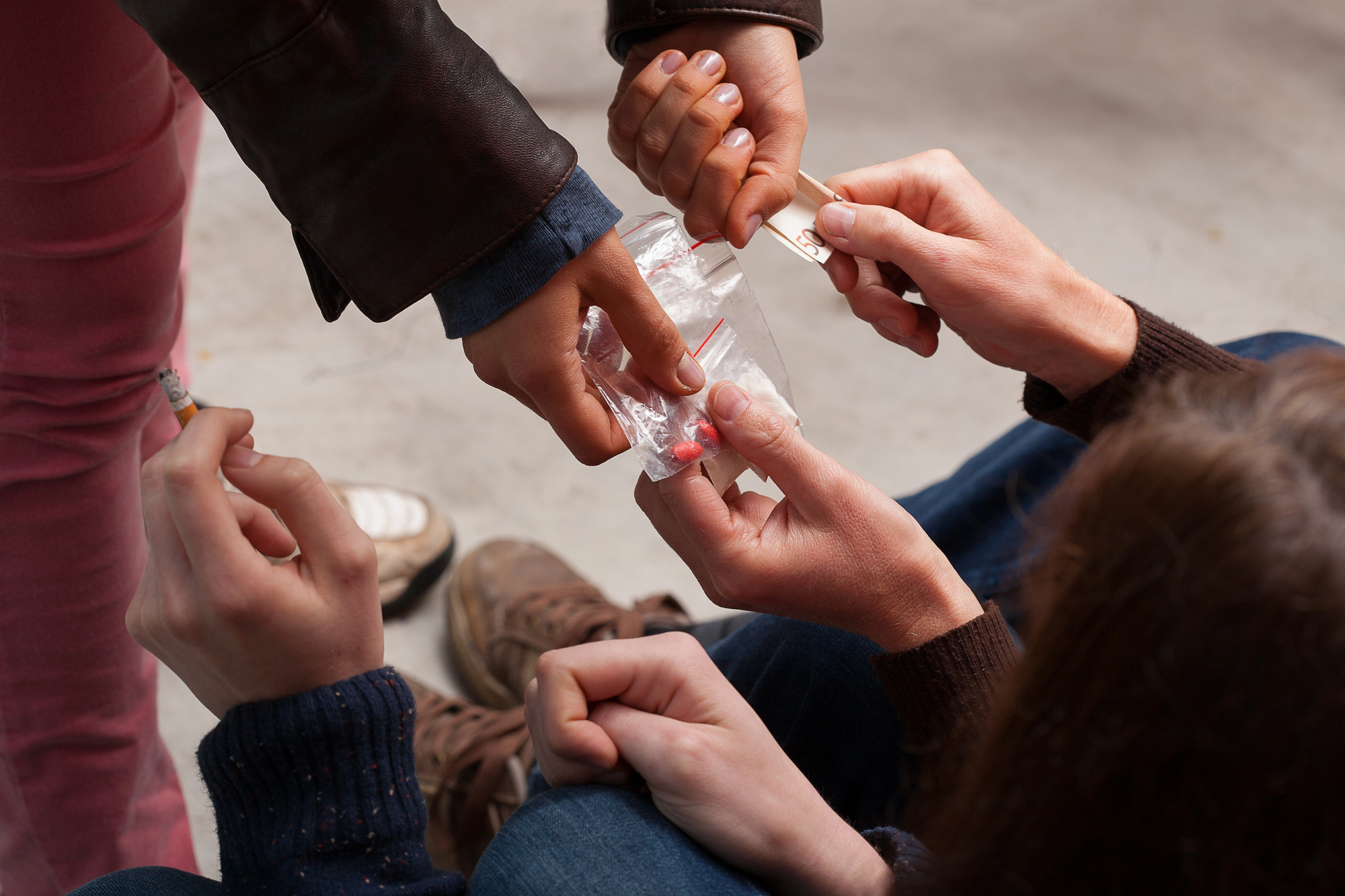A total of 70 minors in Cyprus have been referred to treatment centres for substance abuse since the beginning of 2023, it was revealed on Wednesday.
According to data from the Cyprus addiction treatment authority published by the Cyprus News Agency, 26 minors were referred in 2023, 29 in 2024, and 15 have been referred so far this year.
However, as Tina Pavlou, the director of the Ayia Skepi therapeutic community, which coordinates rehabilitation programmes, said on Thursday, the rise in numbers has not necessarily come about due to an increase in minors becoming addicted to substances, but because of a heightened awareness of the programmes offered.
She pointed out that the programme has only been in operation for five years, and that referrals are now being made by the welfare office and by the courts, with three of the nine minors currently hosted at the rehabilitation centre’s inpatient unit having been sent there by a court order.
She went on to explain the course of the inpatient programme, saying it lasts between six and nine months, “depending on the needs of individuals”.
Asked about the rate of completion of the programmes on offer, she said there are people who fail to see it through, but that in the last two years, there have been “much fewer” such cases and much fewer relapses.
“This always happens with a new programme until people accept it as a treatment model, because it is a closed programme away from families and outside school,” she said.
She added that those who drop out of the programmes can rejoin at any time.
“There are some people who relapse into use, but they can return to treatment at a moment’s notice,” she said.
Then asked about patients’ access to education, she said most inpatients are educated on site with teachers provided by the education ministry.
Some patients, she said, have also enrolled in night school and even managed to receive high school diplomas, while others have begun apprenticeships.
“We do not want to leave any child outside the framework of education,” she said.
In addition, she said, the programme allows patients to engage in a structured “entertainment programme”, in which they can do music, art, and sports activities, while patients are also offered enough free time to take part in other activities such as bowling and going to the cinema.
She also pointed out the existence of group, individual, and family psychotherapy sessions.
She went on to say that the Ayia Skepi therapeutic community is in “very close cooperation” with the social welfare deputy ministry, the police, and the education ministry, adding, “detoxification cannot succeed if the system does not cooperate”.






Click here to change your cookie preferences